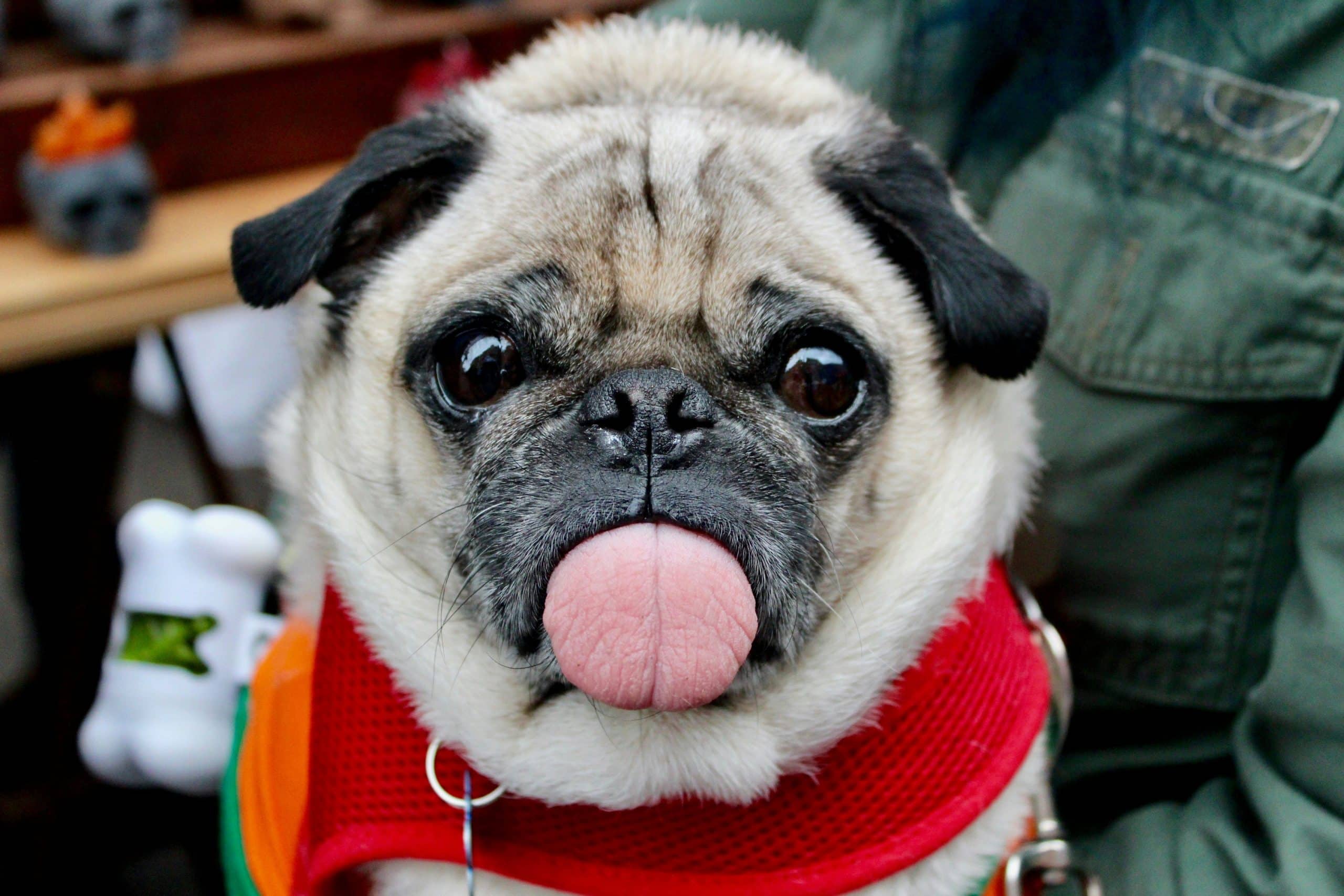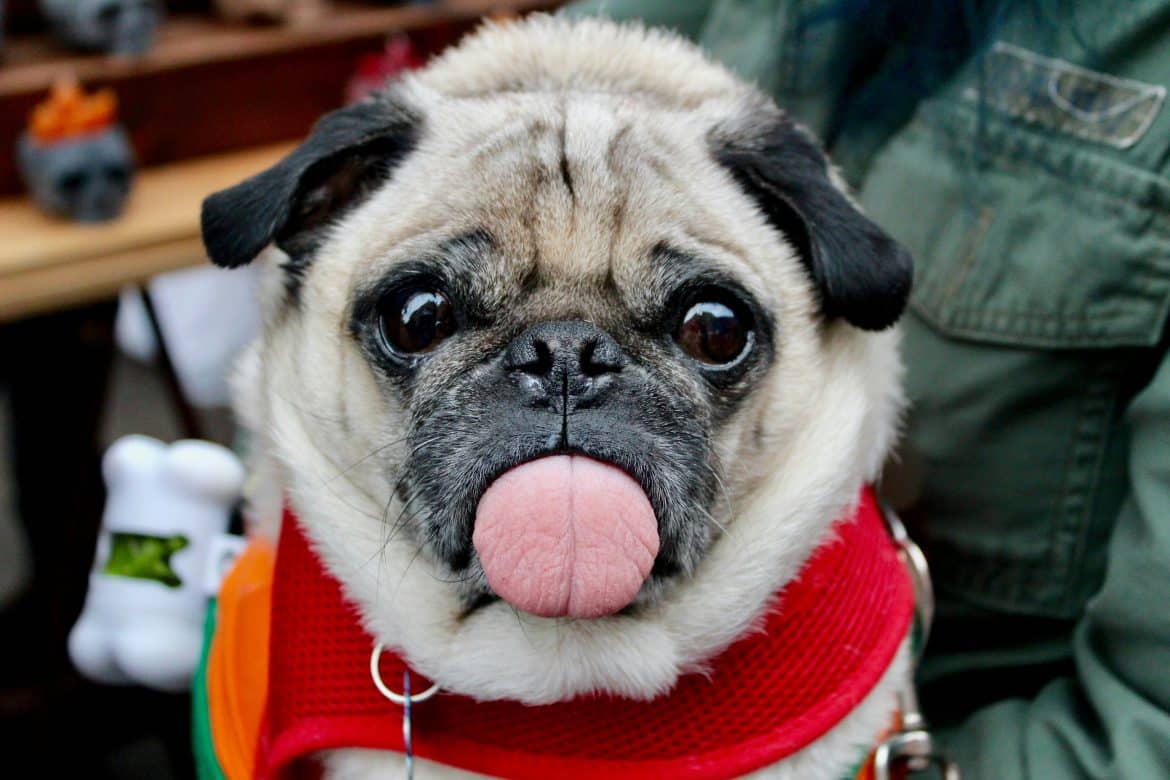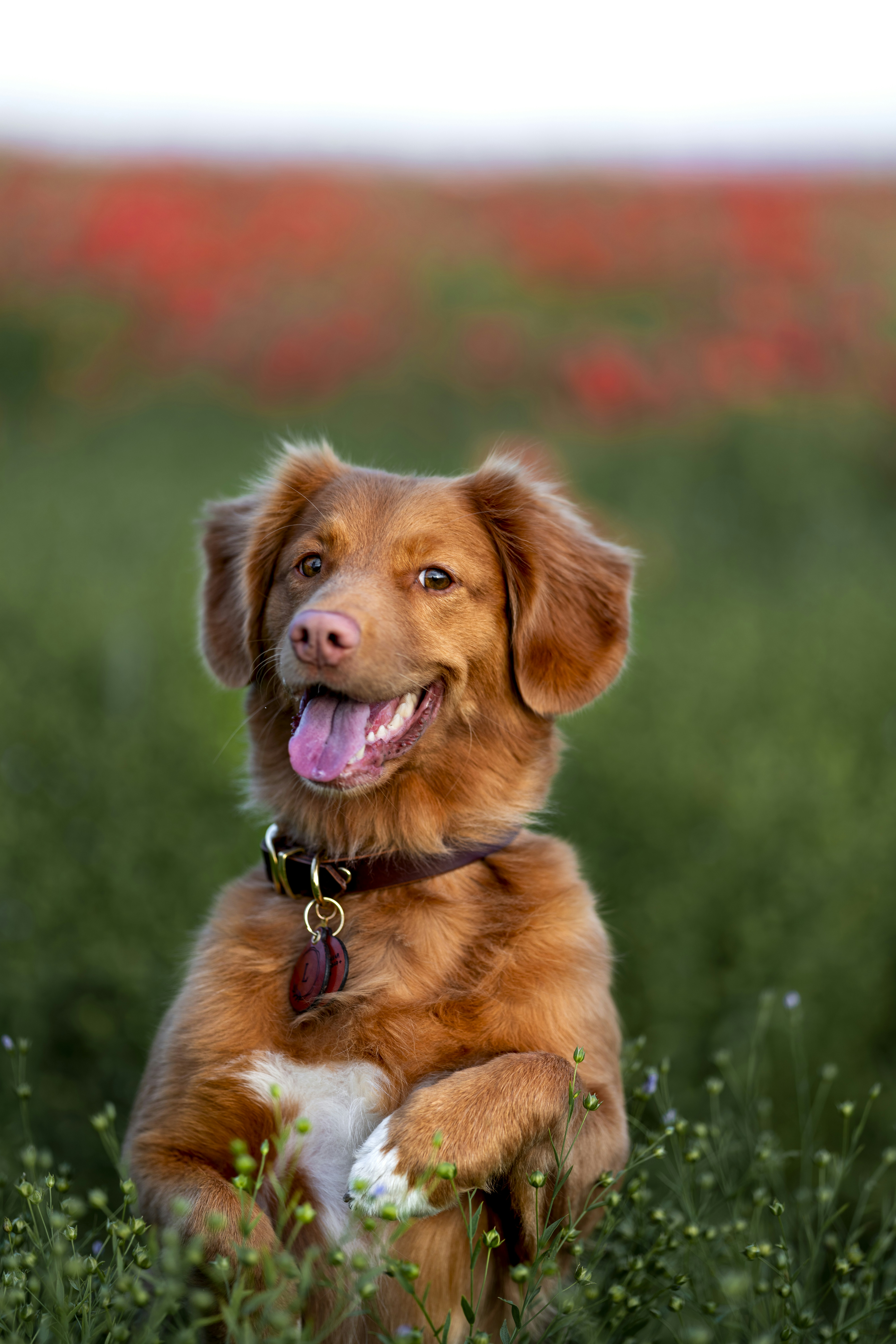So, you've brought home a cute little 12-week-old puppy and you're wondering how much exercise is appropriate for them at this stage. Well, it's important to strike the right balance between keeping your furry friend active and not pushing them too hard. While exercise is crucial for their physical and mental development, overexertion can lead to injuries or exhaustion. In this article, we'll explore just how much exercise a 12-week-old puppy should have and provide some tips on ensuring they stay healthy and happy. Plus, we'll answer the burning question of how far a 12-week-old puppy can actually walk. So grab a cup of tea and let's dive into the world of puppy exercise!
Introduction
Importance of exercise for puppies
Exercise is crucial for the overall health and well-being of 12-week-old puppies. Regular physical activity not only helps them develop strong bones and muscles but also provides mental stimulation, promotes socialization, and helps manage their energy levels. Engaging in appropriate exercise at this age sets the foundation for a healthy and active lifestyle in adulthood.
Benefits of regular exercise for 12-week-old puppies
Regular exercise for 12-week-old puppies offers numerous benefits that contribute to their physical and mental development. It helps promote healthy growth and strengthens bones and muscles, which are essential for their overall physical development. Additionally, exercise aids in weight management, preventing the risk of obesity and associated health issues. Mentally, exercise stimulates their brain, improves cognitive function, and helps prevent boredom and destructive behaviors. By engaging in exercise, puppies also have the opportunity to socialize, bond with their owners, and establish positive relationships with other dogs in their community.
Physical Development
Growth stages of a 12-week-old puppy
At 12 weeks old, puppies are still in the early stages of their development. Their bones are rapidly growing and becoming stronger, while their muscles are developing and gaining strength. It is important to be mindful of their fragile nature and avoid activities that may cause stress or injury to their developing bodies. Ensuring appropriate exercise is crucial during this stage to support healthy growth and prevent future skeletal issues.
Effect of exercise on bone and muscle development
Exercise plays a vital role in the bone and muscle development of 12-week-old puppies. Moderate physical activity helps stimulate proper growth and strengthens their bones. By engaging in activities that are suitable for their age and breed, puppies develop strong muscles and improve their overall physical fitness. The right amount of exercise helps their bodies adapt to different physical stressors, allowing their bones and muscles to grow optimally.
Risk of overexertion and injury
While exercise is important for a 12-week-old puppy, it is equally important to prevent overexertion and injuries. Puppies' bodies are still developing, and excessive or high-impact exercise can strain their growing bones and muscles. It is crucial to avoid activities that involve repetitive jumping or running on hard surfaces, as this can put unnecessary stress on their joints. Overexertion can lead to injuries such as muscle strains, sprains, or even stress fractures. Being mindful of their limitations and gradually increasing exercise intensity and duration can help prevent such issues.

This image is property of images.unsplash.com.
Mental Stimulation
Importance of mental stimulation for puppies
In addition to physical exercise, mental stimulation is vital for the overall well-being of 12-week-old puppies. Mental stimulation helps keep their minds active, wards off boredom, and prevents the development of destructive behaviors. Engaging their brains through various activities helps them learn, problem-solve, and enhances their cognitive abilities.
Exercise as a source of mental stimulation
Exercise itself can serve as an excellent source of mental stimulation for 12-week-old puppies. Providing opportunities for them to explore new environments, encounter different smells, sights, and sounds, helps keep their brains engaged. Incorporating training sessions and interactive play while exercising further stimulates their mental abilities, as they have to think and respond to different cues and challenges.
Activities to mentally challenge a 12-week-old puppy
There are several activities that can mentally challenge a 12-week-old puppy while providing exercise. Puzzle toys, treat-dispensing toys, and interactive games can keep their minds engaged and entertained. Teaching them new commands or tricks during exercise sessions helps improve their cognitive abilities and strengthens your bond with them. Engaging in scent work or hide-and-seek games also provides mental stimulation, as they have to use their senses and problem-solving skills to locate hidden items or treats.
Breed Considerations
Different exercise needs based on breed
Different dog breeds have varying exercise needs, and it is important to consider these differences when determining the appropriate exercise routine for a 12-week-old puppy. High-energy breeds such as Border Collies or Australian Shepherds may require more intense exercise to fulfill their needs, while smaller or less active breeds may have lower exercise requirements. Understanding your puppy's breed characteristics will help you tailor their exercise routine accordingly.
Size and energy levels of the puppy
The size and energy levels of a 12-week-old puppy should also be taken into consideration when planning their exercise routine. Smaller breeds may have less stamina and endurance, requiring shorter bursts of exercise. Puppies with higher energy levels, regardless of breed, may benefit from more frequent exercise sessions or activities that demand mental and physical stimulation.
Specific exercise requirements for different breeds
Certain dog breeds have specific exercise requirements that align with their breed characteristics. For example, sporting or working breeds may enjoy activities such as retrieving games or agility training that cater to their natural instincts. Short-nosed breeds may be more prone to heat exhaustion, making it essential to choose exercise activities that won't overheat them. Checking with a veterinarian or breed-specific resources can provide valuable insights into the exercise needs of different breeds.
This image is property of images.unsplash.com.
Walking Distance
Guidelines for 12-week-old puppy walking distance
When it comes to walking distance for a 12-week-old puppy, it is important to keep their age and physical capabilities in mind. As a general rule, puppies should start with short walks, gradually increasing the distance as they grow and develop. A good starting point is 5 minutes of exercise per month of age, up to twice a day. Therefore, a 12-week-old puppy can handle around 15 minutes of walking twice a day.
Gradual increase in walking distance
To prevent overexertion or fatigue, it is crucial to gradually increase the walking distance for a 12-week-old puppy. As their strength and endurance improve, the duration of walks can be extended. It is recommended to increase the walking distance by approximately 5 minutes every week, allowing their bodies to adapt and adjust to the increased physical demands. Paying attention to your puppy's cues and adjusting the duration or intensity of the walk accordingly is essential.
Signs of fatigue or overexertion during walks
During walks, it is important to be aware of signs of fatigue or overexertion in a 12-week-old puppy. If they start lagging behind, panting excessively, or show signs of discomfort such as limping, it may be an indication that they have had enough exercise. When these signs are present, it is important to provide them with rest, access to water, and reassess the exercise routine to ensure it aligns with their current capabilities.
Exercise Time
Recommended exercise time per day
The recommended exercise time for a 12-week-old puppy can vary based on their breed, size, and energy levels. As a general guideline, puppies in this age range should engage in approximately 20-30 minutes of exercise total per day, divided into multiple sessions. This can consist of a combination of physical activities, mental stimulation, and training exercises. However, it is essential to tailor the exercise duration to your individual puppy's needs and adjust accordingly.
Breaking exercise sessions into shorter intervals
Instead of one long exercise session, breaking the exercise routine into shorter intervals throughout the day can be beneficial for a 12-week-old puppy. It helps prevent overexertion and helps manage their energy levels more effectively. For example, four 10-minute play or training sessions spread throughout the day can provide sufficient exercise and mental stimulation while preventing boredom or exhaustion.
Balancing physical and mental exercise
Finding the right balance between physical exercise and mental stimulation is crucial for the overall well-being of a 12-week-old puppy. Incorporating both forms of exercise ensures their physical fitness, mental development, and emotional satisfaction. While physical exercise burns off excess energy, mental exercises such as training or puzzle-solving engage their brain and contribute to their overall happiness. Striving for a good balance helps prevent behavioral issues and creates a well-rounded and contented puppy.

This image is property of images.unsplash.com.
Types of Exercise
Playtime activities for puppies
Playtime is an important aspect of exercise for 12-week-old puppies. Engaging in interactive games such as fetch, tug of war, or hide-and-seek helps them burn off energy and provides physical exercise. These activities also promote bonding between the puppy and their owner, creating a positive and enjoyable experience. Toys that encourage active play, such as balls or rope toys, can be used to keep them entertained and physically active.
Indoor exercises for 12-week-old puppies
Certain circumstances, such as inclement weather or living in an apartment, may limit the availability of outdoor exercise for 12-week-old puppies. However, there are plenty of indoor exercises that can provide physical and mental stimulation. Creating an obstacle course using household items such as cushions or boxes can help puppies engage in agility exercises. Playing interactive games that involve obedience training or teaching new commands allows them to learn and exercise at the same time. Utilizing puzzle toys or food-dispensing toys also stimulates their minds and keeps them entertained indoors.
Outdoor exercises for 12-week-old puppies
Outdoor exercises provide puppies with the opportunity to explore new environments and encounter different sensory stimuli. Short, supervised walks in safe areas such as parks or quiet neighborhoods can offer physical exercise and mental stimulation. Engaging in activities such as supervised off-leash play in fenced areas allows puppies to socialize and interact with other dogs. Introducing them to environments with different textures, such as grass or sand, provides sensory experiences that contribute to their overall development.
Training and Exercise
Incorporating training into exercise routines
Training can be seamlessly incorporated into exercise routines for 12-week-old puppies, allowing them to learn while burning energy. Basic obedience training commands such as sit, stay, or recall can be reinforced during walks or playtime activities. Practicing these commands during exercise sessions helps reinforce the training, enhances their focus, and promotes mental stimulation. By integrating training exercises into their exercise routine, puppies develop good behaviors and strengthen the bond with their owner.
Teaching basic commands during exercise
During exercise, it is an opportune time to teach 12-week-old puppies basic commands. Repetition and consistency are key when training puppies, and incorporating these commands into exercise routines provides valuable reinforcement. For example, teaching the puppy to sit and wait before throwing a toy during a game of fetch not only helps them practice basic obedience but also adds mental stimulation to the activity. It is important to keep training sessions short and positive, using rewards and praise to encourage their participation.
Using obedience exercises as a form of physical activity
Obedience exercises can also serve as a form of physical activity for 12-week-old puppies. Incorporating activities such as heel walking or jogging intervals during walks helps increase their heart rate and provides a more challenging exercise routine. These exercises not only strengthen their muscles and improve coordination but also develop their ability to walk calmly and follow commands. Balancing obedience exercises with playtime activities creates a well-rounded exercise routine that addresses both mental and physical needs.
Socialization and Exercise
Importance of socialization for puppies
Socialization is a vital aspect of a 12-week-old puppy's development. Exposing them to various people, animals, and environments during this stage helps them become well-adjusted and confident adult dogs. Properly socialized puppies tend to exhibit better behavior, are more tolerant of different situations, and have better coping skills. Exercise can contribute immensely to their socialization process, allowing them to interact with other dogs and people in a controlled and positive environment.
Combining exercise with socialization opportunities
Exercise provides an excellent opportunity to combine socialization with physical activity for 12-week-old puppies. Engaging in activities such as off-leash play in controlled environments like dog parks or attending puppy classes not only provides exercise but also helps them interact with other dogs and people. Interactions during exercise sessions form positive associations and help them learn appropriate social behaviors. It is crucial to ensure that the socialization experiences are pleasant and safe, avoiding overwhelming or negative encounters.
Dog parks and puppy playdates
Dog parks and puppy playdates can be great avenues for exercise and socialization for 12-week-old puppies. These environments offer a controlled space for them to interact with other dogs, learn social cues, and practice their social skills. However, it is important to introduce them to these environments gradually and ensure their vaccinations are up to date to prevent the risk of infectious diseases. Supervision and monitoring their interactions during these play sessions are essential to ensure everyone's safety and prevent any negative experiences.
Consulting a Veterinarian
Seeking professional advice on exercise
Consulting a veterinarian is highly recommended when establishing an exercise routine for a 12-week-old puppy. Vets can provide personalized guidance based on the puppy's breed, size, and overall health. They can help determine appropriate exercise intensity, duration, and types of activities that are suitable for the individual puppy. Seeking professional advice ensures that your puppy's exercise routine aligns with their specific needs and promotes optimal health and development.
Medical conditions that may impact exercise
Certain medical conditions or health concerns may impact a 12-week-old puppy's exercise routine. Conditions such as heart problems, respiratory issues, or orthopedic conditions may require modifications to the exercise plan. It is important to inform your vet about any existing or potential health issues in order to receive appropriate recommendations. Vet guidance ensures that exercise is safe and beneficial for their overall well-being.
Modifying exercise routines based on health concerns
If a 12-week-old puppy has specific health concerns, it may be necessary to modify the exercise routine. For example, if a puppy has a joint condition, low-impact exercises that put minimal stress on the joints may be recommended. Gentle activities such as swimming or controlled walking on soft surfaces may be more suitable in such cases. Modifying exercise routines based on health concerns ensures that the puppy can still enjoy the benefits of exercise while minimizing any potential negative impact on their health.
In conclusion, regular exercise is highly beneficial for the physical and mental development of 12-week-old puppies. It supports their bone and muscle growth, provides mental stimulation, helps manage their energy levels, and promotes socialization. By considering their breed, size, and energy levels, tailoring the exercise routine accordingly, and incorporating a good balance of physical and mental exercises, you can ensure your puppy's optimal growth and overall well-being. Always consult a veterinarian for personalized advice and make any necessary modifications based on their individual needs and any existing health concerns. By providing appropriate exercise, you are setting the stage for a healthy, happy, and active adulthood for your 12-week-old furry friend.



